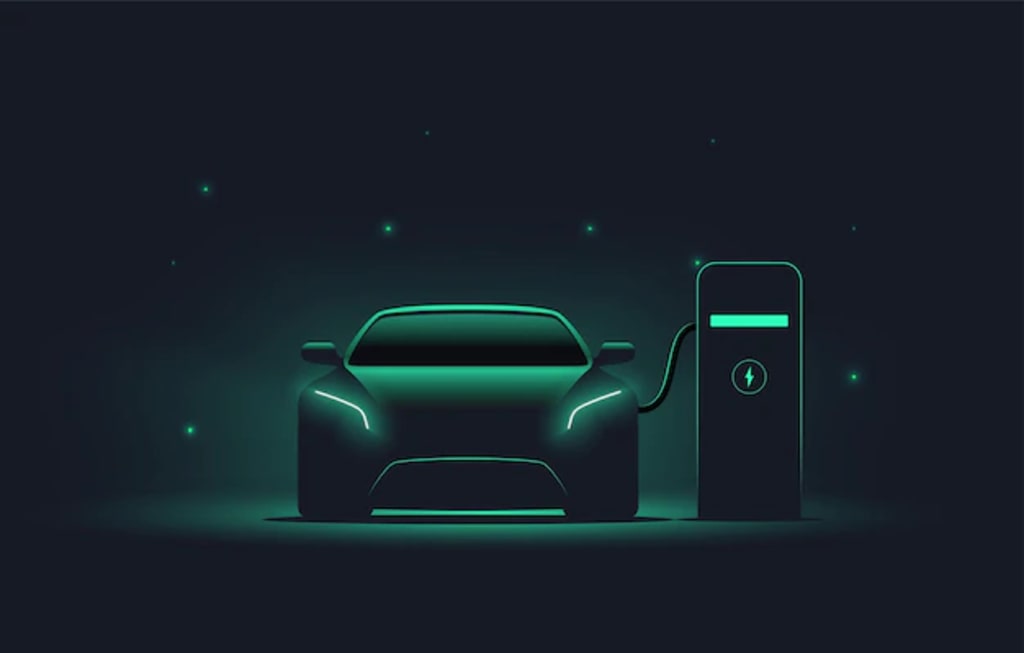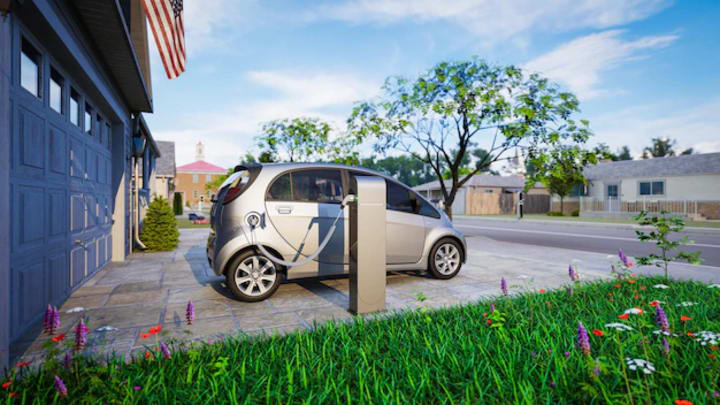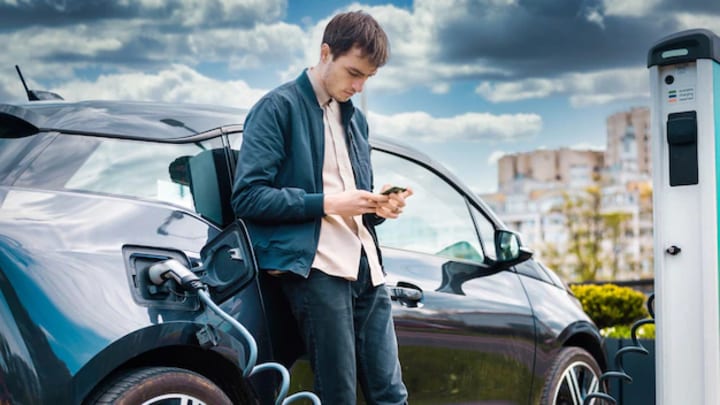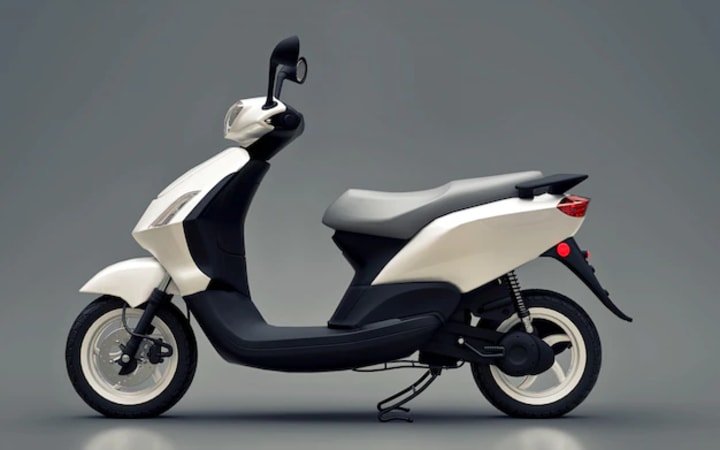The Future of Electric Vehicle Technology and Advancements
Future of Electric Vehicle Technology

Electric vehicles are quickly becoming the future of transportation. The technology is evolving so rapidly that it's nearly impossible to keep up with all of these advancements. However, in this article I'll try my best. Electric vehicles are alive and well, but they're also changing so much that we need to update our understanding of what's possible for them. Let's take a look at some of the important developments happening in electric vehicle technology today:
Future of Electric Vehicle Technology
The future of electric vehicle technology is looking great. Electric vehicles are becoming more popular, with sales reaching nearly 200 million worldwide in 2017. This growth has been driven by many factors, including government incentives and low oil prices that make it cheaper for people to buy an electric car than a petrol one.
Electric vehicle technology is improving rapidly as well—for example, new technologies like solid-state batteries will help make EVs even more efficient and cheaper to run than today’s models. With these advances in mind, we can expect greater numbers of people around the world transitioning towards electric transportation over time
Recharging infrastructure

The most important thing to know about electric vehicle charging stations is that there are many different types of them. You'll want to look for a quick-charge option, which gives your car a full battery in about 30 minutes. This type of charge can be used at home or in public locations like parking lots and garages—but the price will vary depending on where you get it from.
Another common type of EV charger is called Level 2 or 3 (which stands for second-level and third-level), which takes longer than level 1 but still gets your car running again quickly enough for daily driving needs. These types of stations can be found at major highways throughout America; however, they tend to cost more per minute than their cheaper counterparts because they require additional equipment such as plugs that fit into standard wall outlets instead of portable devices like cigarette lighters do when using an ordinary gasoline engine car's onboard pump system
Autonomous vehicles
Autonomous vehicles are already on the road, and they're safer than human drivers. They'll make traffic more efficient, reducing emissions and increasing fuel economy. But it's not just about saving lives; autonomous cars can also help with other aspects of our daily lives by providing solutions to some of society’s biggest problems.

Imagine a world where we no longer need carpool lanes or gas stations—and there are no more parking tickets! In this scenario, autonomous cars would be able to park themselves at any time without needing any human assistance (which would result in fewer accidents). The same goes for using express lanes: Autonomous vehicles could monitor traffic conditions along an entire highway and decide if it makes sense for them to use one instead of another type of infrastructure like toll roads or private roads that charge high fees per mile traveled.
Electrified trucks, buses, and electric aircraft
- Electric trucks are more efficient than diesel trucks, which means they have lower emissions and lower operating costs.
- Electric buses are more efficient than diesel buses, which means they have lower emissions and lower operating costs.
- Electric aircraft are more efficient than gas-powered aircraft, which means they have lower emissions and lower operating cost.
Self-healing batteries that eliminate the need for battery replacement
Battery technology is advancing at a rapid pace, which means that the future of electric vehicles is going to be safer, more efficient and less expensive. Self-healing batteries eliminate the need for battery replacement.

Batteries are expensive to replace and have a limited life span—the equivalent of about five years or so before they have to be replaced again (depending on the type). They can also be damaged by overheating, overcharging and over-discharging. Batteries are heavy as well; an electric car battery weighs around 500 pounds! When your car’s battery overheats or has been drained too much it could cause damage inside your vehicle which can lead to fires or explosions if you don’t get them replaced quickly enough
Electric vehicle technology is improving rapidly
As electric vehicle technology continues to improve, it's becoming more affordable and easier to use. Electric vehicles are becoming more popular, as well.
The average cost of an electric car has dropped by about half since 2013, when the first Tesla Model S was sold in America at $70,000 (after tax incentives). In 2017, you could buy an average electric vehicle for around $30k under that same threshold—and even less if you get help with your down payment or finance plan from a dealer credit union or other outlet offering financing options on new cars.
Electric vehicles also have lower fuel costs than those powered by internal combustion engines: according to the Union of Concerned Scientists (UCS), "the combined cost of operating an EV is typically 30% less than that for a conventional gasoline-powered car."
Conclusion
We’re excited to see what the future holds for electric vehicles. We expect there will be many new developments in this field, such as self-healing batteries and autonomous vehicles. Electric vehicles are a great way to reduce your carbon footprint while also being environmentally friendly.
About the Creator
Vikas Mishra
Your dreams shape the future, so stop wasting time and go to work!
Enjoyed the story? Support the Creator.
Subscribe for free to receive all their stories in your feed.






Comments (1)
your hero pic photo is a grabber!